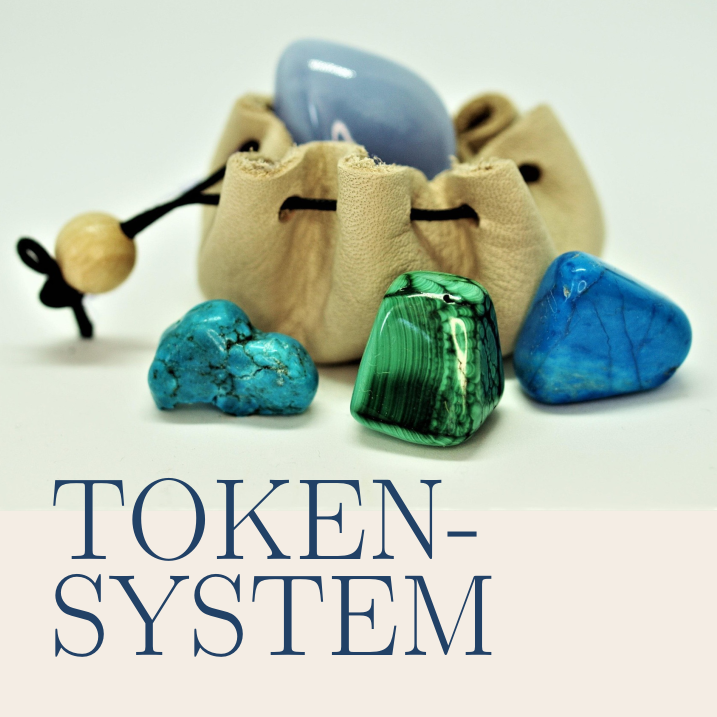Check our new E-Books for FREE! Click Here!
Fear of Social Interactions | How You Can Help

As caring parents, you surely want nothing more than for your children to grow up happy and confident. Yet sometimes we face challenges that leave us with questions. One such challenge can be a child’s fear of social interactions, a topic that concerns many parents and is explored in detail on ChildHelp.info. In this article, we’ll take a closer look at what may lie behind this fear and why it’s so important to recognize and understand it.
What Does Fear of Social Interactions Mean in Children?
When we talk about social anxiety, we mean the fear of being judged or rejected by others in social situations. This fear can significantly limit a child’s daily life. It may show up in different ways, avoiding playdates, withdrawing in class, or feeling uncomfortable at family gatherings. On ChildHelp.info, you’ll find more about the various forms and expressions of social anxiety in children.
Why Are Social Contacts So Important?
Social interactions are essential for a child’s healthy development. They strengthen not only self-confidence and social skills, but also emotional stability. Through interacting with peers, children learn to communicate, resolve conflicts, and develop empathy. However, when a child fears social contact, their development can be affected, which is why it’s so important to identify and understand these fears early.
The 7 Most Important Routines for a Calm Family Life
DownloadHow Does This Fear Manifest in Children?
The symptoms of social anxiety can be subtle and varied. Some children withdraw quietly, appear shy, or avoid speaking in front of others. Others show physical symptoms such as stomachaches or headaches when faced with social situations.
Possible Causes of Social Anxiety
There are many reasons why a child might develop a fear of social interactions. Sometimes genetic factors play a role, but environmental influences or past negative experiences can also contribute. Children who are particularly sensitive or have high expectations of themselves are often more prone to social fears.
The Role of Parents
As parents, you play a crucial role in supporting your child and providing a sense of security. Empathetic listening and taking your child’s fears seriously are the first important steps. It can help to gently explore the triggers together and gradually introduce your child to social situations.
The Influence of School and Friends
School and friends play a major role in a child’s social life. A supportive environment can help reduce anxiety and build self-confidence. Teachers and peers who show understanding can make a big difference in helping a child feel comfortable and develop their social abilities.
The Importance of Early Detection
The earlier social anxiety is recognized, the better it can be addressed. Early detection makes it possible to respond to the child’s needs and help them overcome their fears. This also includes finding the right balance between challenge and overwhelm, so the child can have positive social experiences. You can read more about early recognition and intervention here.
Token-System – Reward-System
A token system is a method of positive reinforcement designed to encourage desired behavior in children. The basic idea is simple: A child receives a *symbolic reward* – a token – for a specific behavior. This token can later be exchanged for an actual reward. The system has its roots in behavioral psychology and has been successfully used for decades in schools, therapy settings, and families.
Check it out for FREE!In Summary
The fear of social interactions is something many children experience, and it should be taken seriously. As parents, you can do a lot to help your child overcome their fears. The key is to recognize the signs and respond with sensitivity. On ChildHelp.info, you’ll find many helpful articles and resources designed to help you find the best solutions for your family.
If you’d like to understand more about the background of these fears and explore effective ways to support your child, take a look at our comprehensive articles and e-books. Together, we can help children develop the social skills they need for a happy and fulfilling life.



